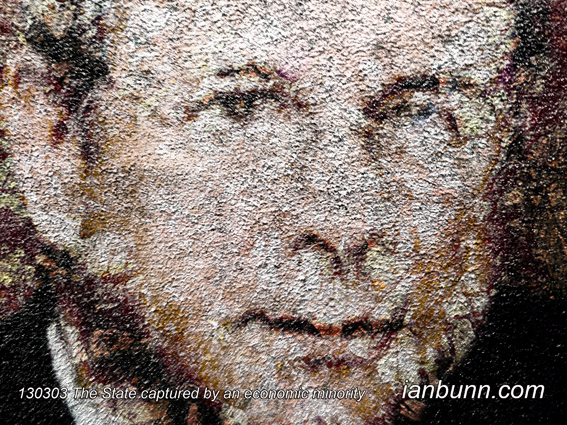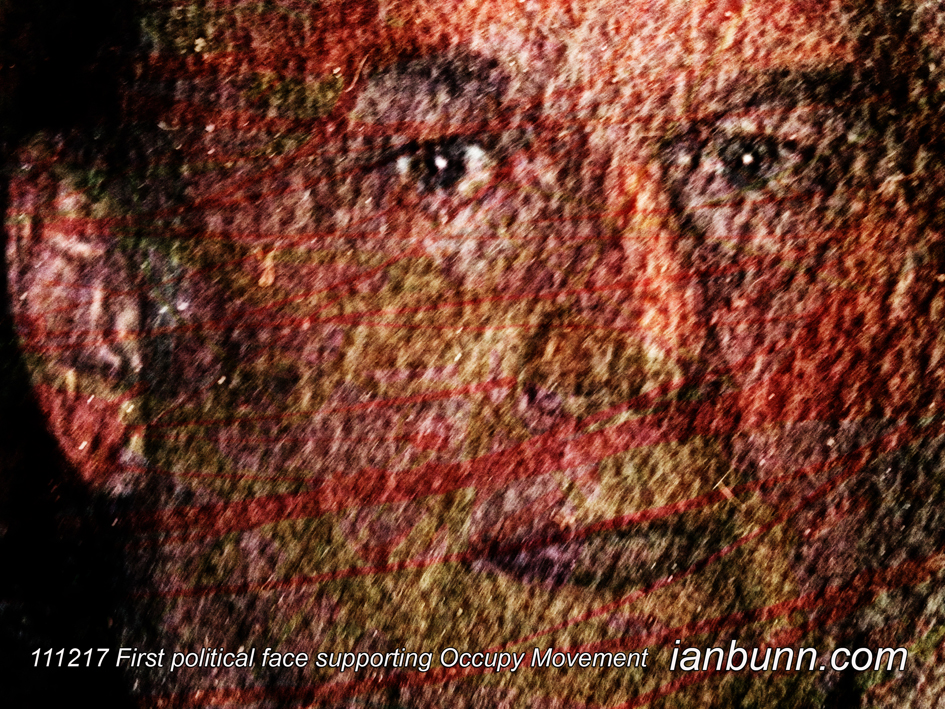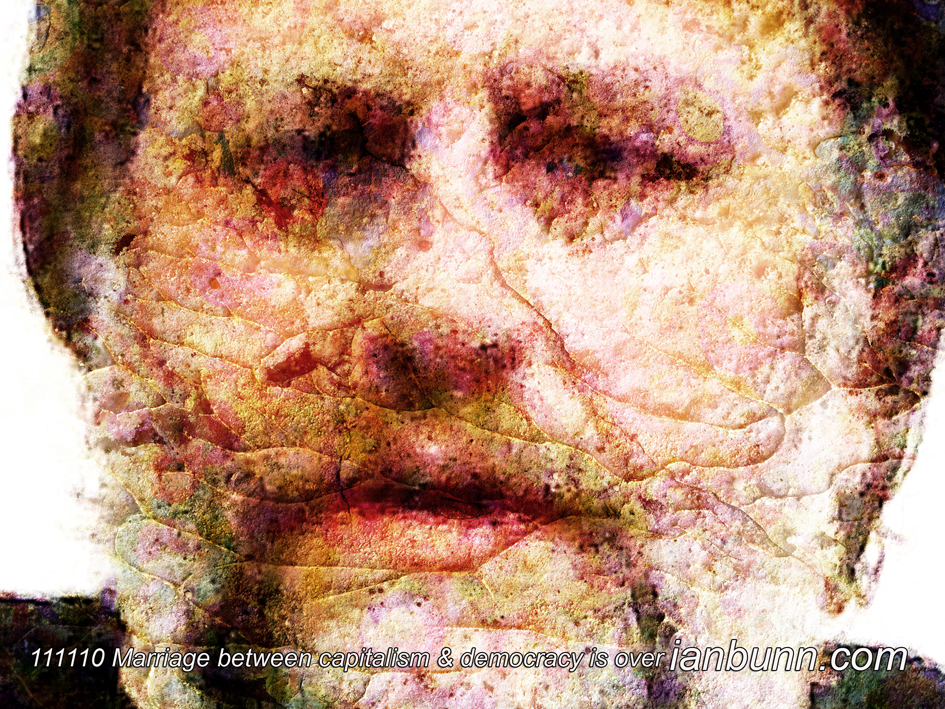 Rift in a Shifting Occupy Movement (June 3 2013)
Rift in a Shifting Occupy Movement (June 3 2013)
Sarah Maslin Nir the American Journalist and staff reporter for The New York Times has published an article titled ‘Storm Effort Causes a Rift in a Shifting Occupy Movement’ in which she states “Not long ago, the Occupy Wall Street movement seemed poised to largely fade from the national conversation with few concrete accomplishments beyond introducing its hallmark phrase, “We are the 99 percent.” Then Hurricane Sandy struck. In its aftermath, Occupy Wall Street protesters rushed to apply their rabble-rousing hustle to cleaning out houses, clearing debris and raising more than $1.5 million for relief efforts. In some minds, Occupy members had become less a collection of disaffected class warriors than a group of efficient community volunteers. Occupy Sandy, as the effort came to be known, became one of the most widely praised groups working on the storm recovery. As Occupy members around the country plan the movement’s annual May Day protests, a central question has emerged: whether Occupy Sandy represents a betrayal of the Occupy movement, or its future. …So far Occupy Sandy has spent $670,000, according to information the group makes public online, disbursed for essentials like medical supplies ($5,000) and tools for mold remediation ($93,454). But as immediate needs for relief have died down, the group has begun programs reflective of a shift in tactics and a broad interpretation of “rebuilding,” like “Wildfire,” a series of political action classes in the Rockaways, which so far has received $10,600. That shift, toward what one storm volunteer called “indoctrination,” has caused some discomfort among donors and recipients alike. Some Occupiers say that they are simply seeking to stay true to the movement’s goals, which drove them to the storm-ravaged region in the first place. “No one was being tricked into donating to Occupy Sandy,” said Daniele Kohn, who is part of the team managing Occupy Sandy’s finances. “ ‘Occupy’ is part of the name.”
Inspired by Sarah Maslin Nir, New York Times ow.ly/l32bf Image source Facebook ow.ly/l32Ie














